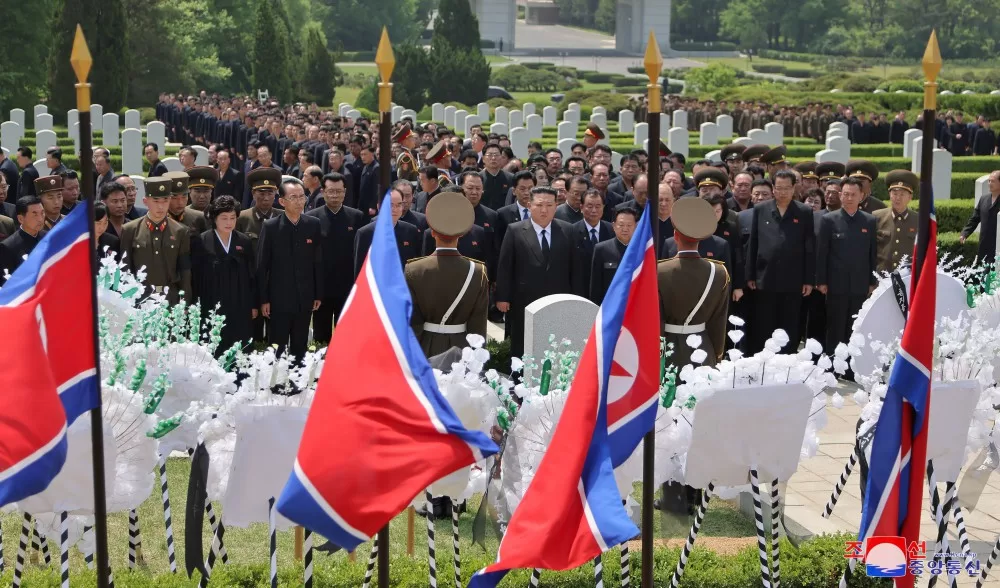One of the core roles of Index from its establishment was samizdat, providing access to real news for those people caught behind the Iron Curtain as an alternative to Soviet propaganda. We provided both a platform for dissidents and a news outlet for those subject to totalitarian censorship, an aspiration we continue to hold today.
However when you think about censorship and repressive regimes we only ever refer to the dictator as the main driver for censorship – Putin’s Russia, Xi’s China, Lukashenka’s Belarus, but we rarely consider or even know the names of the people who do the dirty deed.
That isn’t the case in one of the most restrictive dictatorships in the world.
In the tightly controlled information environment of North Korea, the recent passing of Kim Ki Nam, a key figure in the regime’s propaganda apparatus, marks the end of an era. Kim Ki Nam, who spent decades shaping the narrative of the totalitarian state and building a personality cult around the ruling Kim dynasty, leaves behind a legacy of censorship and manipulation.
Kim Ki Nam’s career demonstrated the potent blend of ideology and media manipulation that characterise authoritarian regimes. As deputy director and later leader of Pyongyang’s Propaganda and Agitation Department, he played a central role in crafting the regime’s messaging, cementing the authority of the ruling dynasty, and stifling dissent.
The propaganda machine overseen by Kim Ki Nam maintained an iron grip on communication within North Korea, tightly controlling information flows and censoring external influences. The banning of South Korean and Western entertainment, including music and movies, illustrates the regime’s determination to isolate its citizens from alternative narratives and perspectives, something that perpetuates today. The draconian punishment meted out to individuals caught consuming foreign media, such as the public sentencing of teenagers for watching K-dramas, highlights the regime’s extreme measures to enforce ideological conformity.
Moreover, Kim Ki Nam’s influence extended beyond North Korea’s borders, with his role in shaping the regime’s external propaganda efforts and projecting an image of strength and unity to the outside world. Something undertaken at a huge cost to the citizens of North Korea, as they were forced to engage in the charade.
As we reflect on Kim Ki Nam’s legacy and the ongoing impact of his work, it is imperative to recognise the profound implications of state-controlled propaganda for freedom of expression and the broader struggle for human rights. The manipulation of information, censorship of dissent, and cult of personality perpetuated by regimes like North Korea not only deprive citizens of their basic rights but also threaten the foundations of democracy and open society.
The death of Kim Ki Nam must remind us of the need to reaffirm our commitment to defending freedom of expression, combating propaganda, and standing in solidarity with those who dare to speak truth to power. Only through vigilance, solidarity, and unwavering dedication to the principles of freedom and democracy can we hope to challenge the tyranny of censorship and authoritarianism wherever it may arise.






